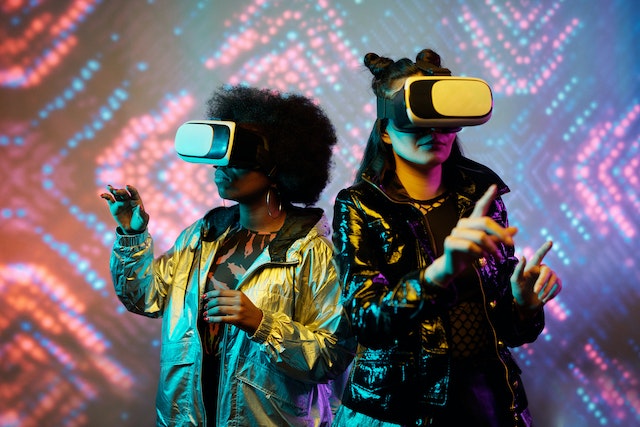Women may be more susceptible to cybersickness when using virtual reality headsets, according to a new study.
Led by researchers from Iowa State Research, the study included 150 participants- all of whom were given the opportunity to play up to 20 minutes of one VR game. All of the people involved were using virtual reality for the first time and were given the opportunity to stop if they felt too sick to continue.
In their findings, the researchers ultimately reported that women asked to stop the VR game before those 20 minutes at a rate that was twice that of men. Once they stopped the game and took off the headset, the women involved in the study reported that they were suffering from cybersickness that was 40% higher in intensity than the men involved in the study.
In a second study, the researchers focused on finding out why women were sicker than men upon using VR for the first time by studying physical attributes such as the distance between pupils. In their results, they found that this did not have as much of an impact as the participants’ previous experiences with motion sickness did.
Overall, women were more susceptible to feeling motion sickness or screen sickness when watching a movie or playing any type of game, leading to a higher increase of cybersickness when playing the VR game.
With a new $600,000 grant, Iowa State researchers are now planning on studying a variety of other variables and finding solutions.
“One of the things we’re doing now is comparing the settings of headsets and virtual environments to see which are most effective at reducing cybersickness for first-time users, and whether some are better than others for certain individuals,” said lead researcher Jonathan Kelly, per an interview by the university.
In recent years, research on virtual reality has increased as the form of technology continues to expand into other areas of everyday life. Alongside the gaming industry, virtual reality has shifted into areas of art, history and education.
Late last year, HBCU Morehouse College announced that they would be teaching Black history through the metaverse in the 2023 Spring semester, becoming the first college to do so. Through virtual reality headsets, students are able to learn about important moments and artifacts by traveling to the spaces through the metaverse. As part of the curriculum of the class, titled “History of the African Diaspora Since 1800,” students are able to learn history from the Haitian Revolution to the civil rights movement by visiting historic sites, such as the Ebenezer Baptist Church in Atlanta, virtually.








